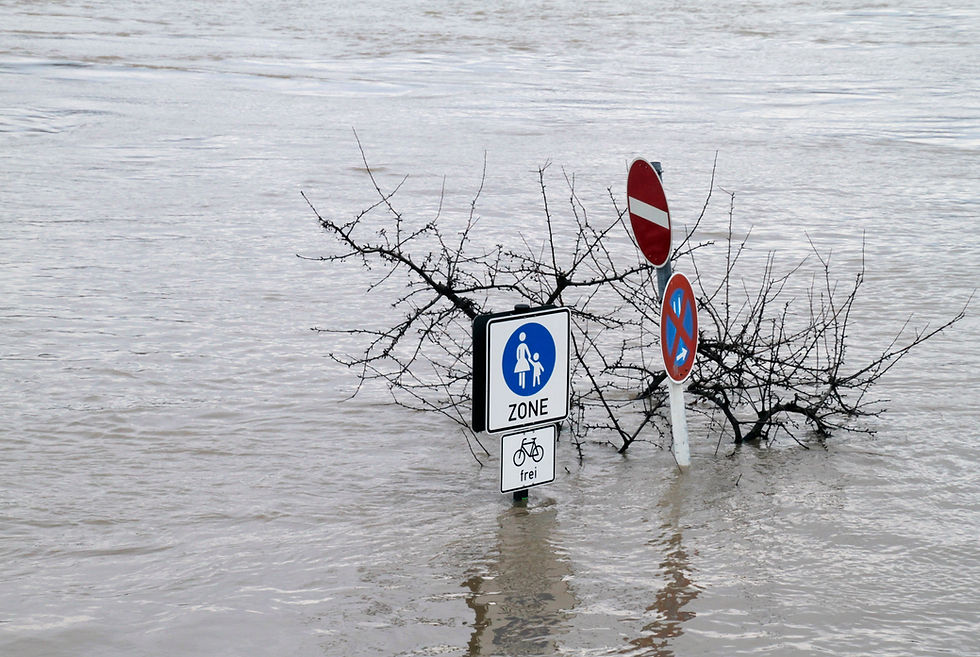The climate crisis is a complex puzzle, and one of its crucial pieces is a mysterious-sounding acronym: AMOC. So, what is it, and why does it matter in the grand scheme of our changing climate?

AMOC Demystified: A Conveyor Belt of Ocean Currents
AMOC stands for the Atlantic Meridional Overturning Circulation, but let's not get lost in the jargon. Think of it as the ocean's conveyor belt—a massive system of currents that plays a vital role in regulating Earth's climate.
Here's how it works in simple terms:
Imagine warm water from the tropics heading north in the Atlantic Ocean. As it moves, it releases heat into the atmosphere, keeping Western Europe surprisingly warm for its latitude. Then, as the water cools, it becomes denser and sinks deep into the ocean. This cold, dense water flows south, completing the loop.
Why the AMOC Matters: Climate Control Center
Now, let's understand why this ocean conveyor belt is so critical:
1. Global Climate Regulator:
The AMOC acts as a climate control center. It redistributes heat around the planet, influencing weather patterns, temperature, and precipitation in regions far from the Atlantic.
2. European Heat Source:
Thanks to the AMOC, Western Europe enjoys milder winters than other areas at similar latitudes. It's the reason you might not need a heavy winter coat in London, despite being quite far north.
3. Melting Ice:

The AMOC helps moderate the melting of ice in the Arctic and the Greenland Ice Sheet. If it weakens or collapses, it could lead to faster ice melt and rising sea levels.
4. Climate Tipping Point:
Scientists are concerned that the AMOC could reach a tipping point due to climate change. If it slows down or stops, it could have far-reaching consequences, affecting weather patterns, sea levels, and ecosystems.
Conclusion: Our Climate's Hidden Hero
In essence, the AMOC is like the unsung hero of our climate system. It quietly goes about its business, regulating temperatures and weather patterns, making our world habitable.
But with the climate crisis upon us, understanding the AMOC and its vulnerabilities is crucial. It's a reminder that our actions, such as reducing greenhouse gas emissions and preserving ocean health, play a vital role in keeping this climate regulator running smoothly.
So, the next time you hear about the AMOC, remember it's not just an acronym; it's a critical player in the climate crisis story, and its fate is intertwined with our own.







Comments